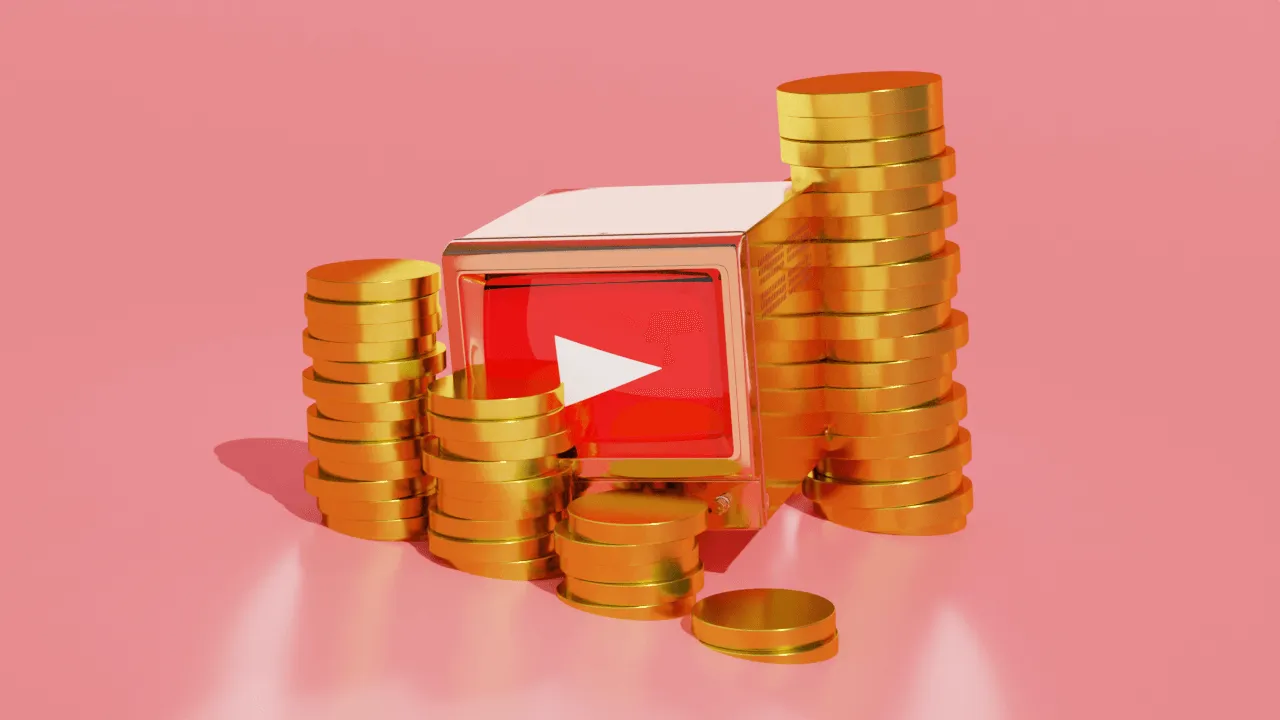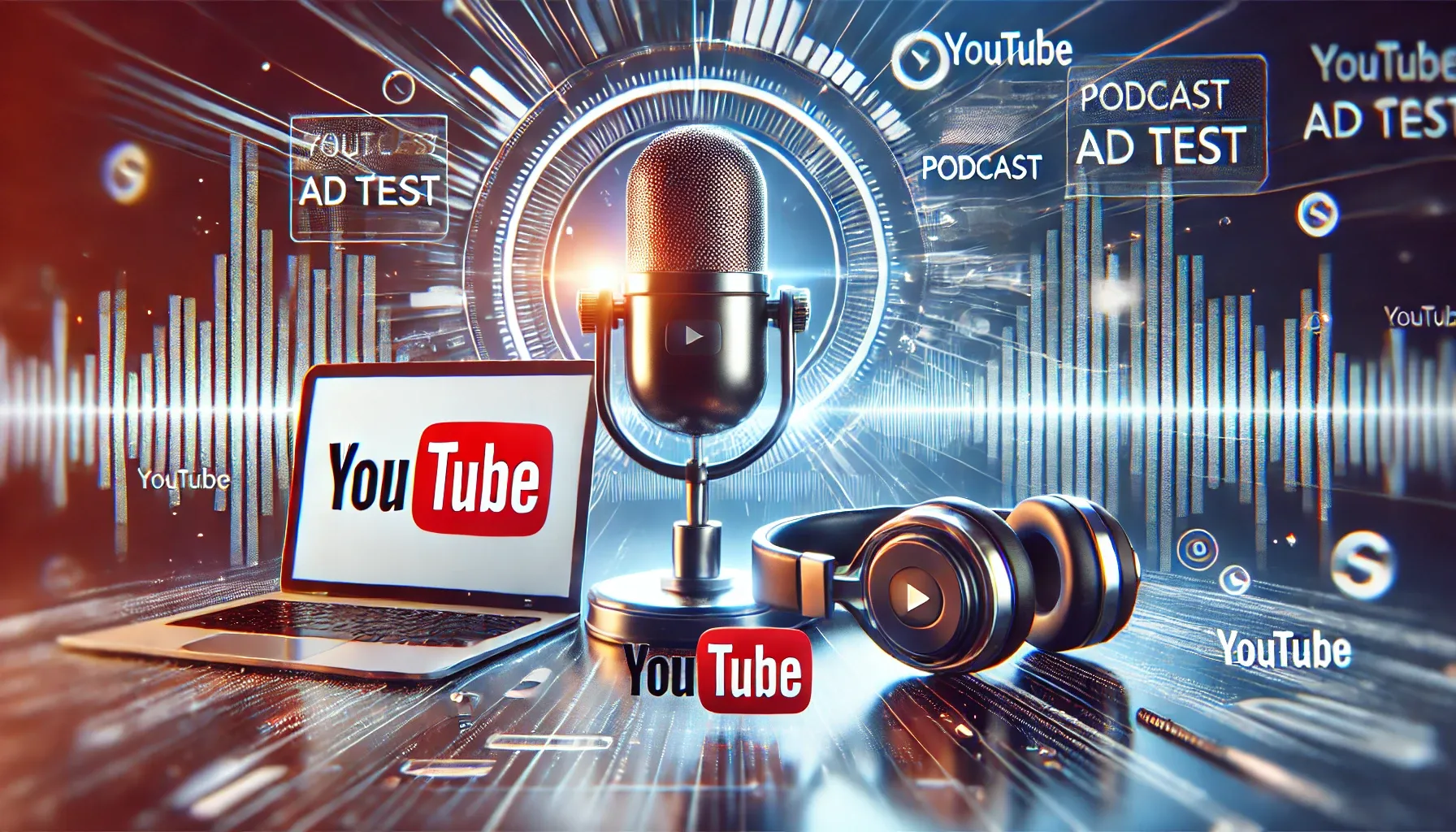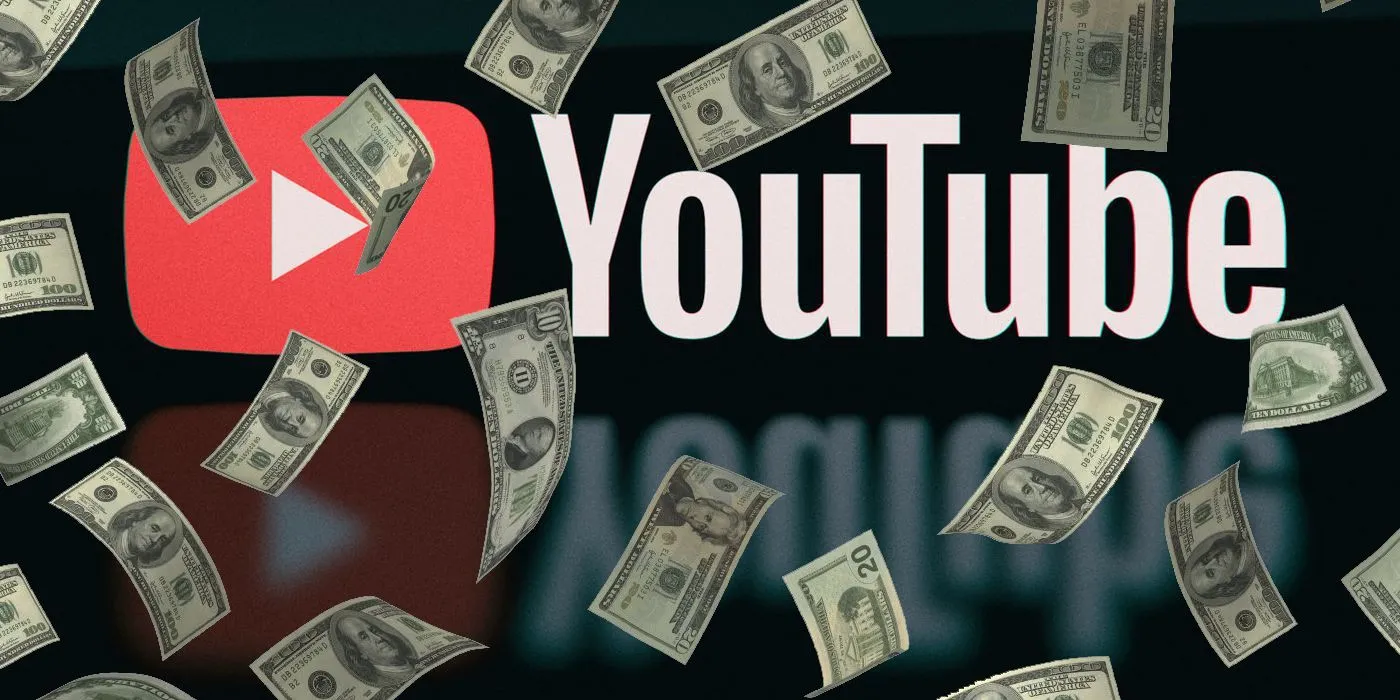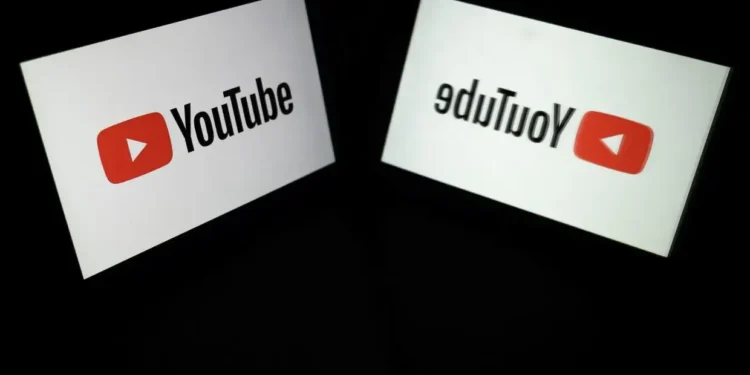YouTube has been ramping up its podcasting game, recently testing a new advertising model that addresses a common complaint among podcasters and creators. The update could pave the way for a more lucrative environment for podcasters on the platform, bringing it closer to its competitors like Apple Podcasts and Spotify.

Why YouTube’s New Ad Feature is a Game-Changer for Podcasters
YouTube has always been a significant player in video content, but when it comes to podcasts, creators have had to navigate a challenging landscape. Until now, YouTube has run its own programmatic ads on podcast videos, sharing the revenue with creators. However, these ads are fixed, meaning once a podcast episode is uploaded with a host-read ad, that ad remains static, regardless of when the listener tunes in.
In contrast, podcasting platforms like Apple Podcasts and Spotify offer podcasters the option to dynamically insert host-read ads, which can be swapped out as new sponsorships come in. This means that listeners of older episodes are more likely to hear relevant ads that match their current interests, and podcasters have the flexibility to charge higher prices for these advertising slots.
YouTube’s new test focuses on addressing this issue by exploring dynamic ad insertion. If successful, this could change the way podcast ads function on the platform, giving creators more control over their monetization strategies.
The Potential Impact on Podcaster Revenue
While YouTube continues to grow as a destination for podcast consumption, the lack of ad-swapping has kept many of the top podcasters on other platforms, where they earn more revenue by selling dynamic ads themselves. The introduction of dynamic ads could unlock greater revenue opportunities for podcasters, who might be able to bundle ad packages across platforms, including YouTube.
This change could also attract more high-profile creators to YouTube, as the platform would offer them the opportunity to monetize their content in a way that rivals the flexibility found on Spotify and Apple Podcasts.

However, there are some challenges with YouTube’s model that could impact the broader podcasting ad market. Episode downloads on platforms like Spotify and Apple tend to be stable and predictable, while YouTube’s viewership can fluctuate significantly. A video may gain traction based on YouTube’s algorithm or be shared widely, making viewership numbers unpredictable. This unpredictability, coupled with the fact that YouTube viewers are often seen as less engaged than traditional podcast listeners, could affect the pricing of ads on the platform.
YouTube’s Strategic Focus on Podcasting
Despite these challenges, the move signals YouTube’s increasing commitment to the podcasting space, which is becoming an increasingly important part of its overall business. Recently, the company has made headlines with impressive statistics, including surpassing 400 million hours of podcast listening per month and reaching one billion users who engaged with podcast content on YouTube.
“We are the original and largest creator economy,” said YouTube CEO Neal Mohan in a recent interview. “Our lifeblood ultimately is about catering to our core constituents. If we are not delivering for our creators, then we’re in trouble.”
Mohan’s remarks highlight YouTube’s determination to maintain its dominant role as a platform for creators, while continuing to innovate and expand in the world of podcasting.
Competition Heats Up: How Spotify and Netflix Are Responding
As YouTube intensifies its focus on podcasts, its competitors are not sitting idly by. Spotify, for instance, has spent hundreds of millions of dollars in recent years to become a major player in the podcasting world, and it continues to evolve its strategy. In 2024, Spotify paid top podcasters to create video content, aligning with YouTube’s growing interest in video podcasts.
Moreover, Netflix is reportedly eyeing podcast expansion, which could further intensify the competition in this lucrative market. With Spotify already established as a top podcast platform, YouTube’s new ad strategy could be its way of closing the gap.
With these developments, it’s clear that podcasting is a significant battleground for the future of digital media, and YouTube’s new initiative shows just how seriously it’s taking this space.

This shift in YouTube’s podcasting approach signals a larger trend where platforms are fighting for creators’ loyalty. As podcasting becomes an even more essential part of their content ecosystems, podcasters could find themselves with even more opportunities to turn their passion into profit.










